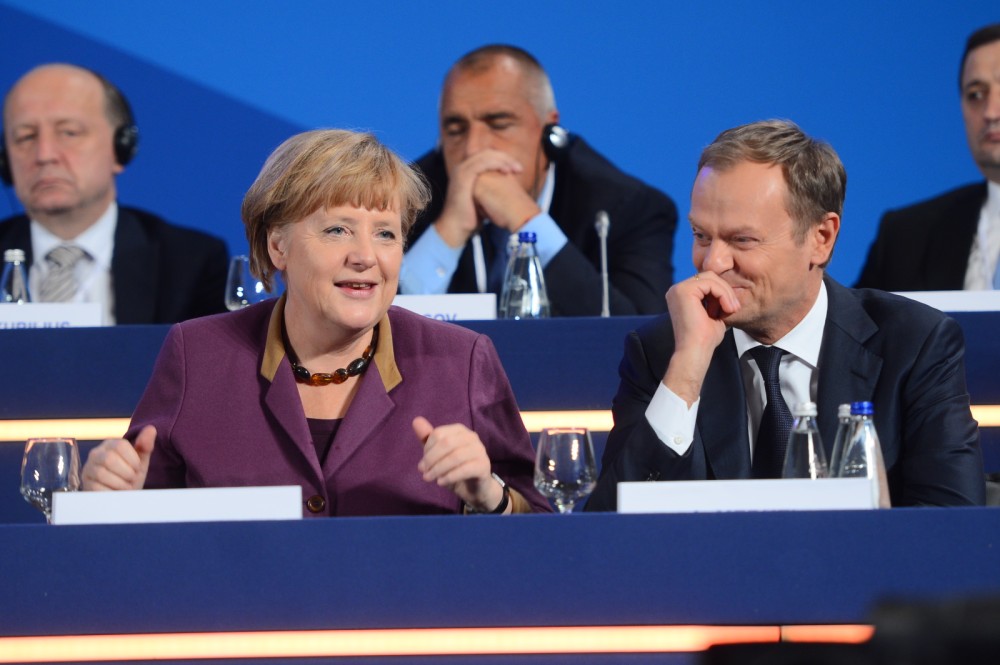On climate, the world moves on without the U.S.
Trump can't stop the international community from taking action.

For months, the Trump administration has been attempting a U-turn on climate action, reversing or undermining or simply ignoring whatever pro-climate policies it inherited. Some of these efforts won’t amount to much. The coal industry’s fortunes aren’t going to return, for instance; renewable energy is here to stay. Other actions—such as the administration’s review of protected land designations with an eye toward oil and gas development—may have serious consequences for American places and people.
Whatever hurdles the president faces on this ill-advised path, they weren’t placed there by the Paris climate accord. The international agreement is a voluntary one, requiring only that its signatory nations set their own climate goals and then report on their progress. It would have been easy for the administration to remain notionally a part of the accord while going its own way on the policy details. There was no substantive reason to proactively pull out.
Nor was the American electorate clamoring for the change. Only 13 percent of registered voters supported the withdrawal; this didn’t amount to a majority even among Republicans or within any single state. While Trump may still have opportunities to broaden his political support, this isn’t one of them.




